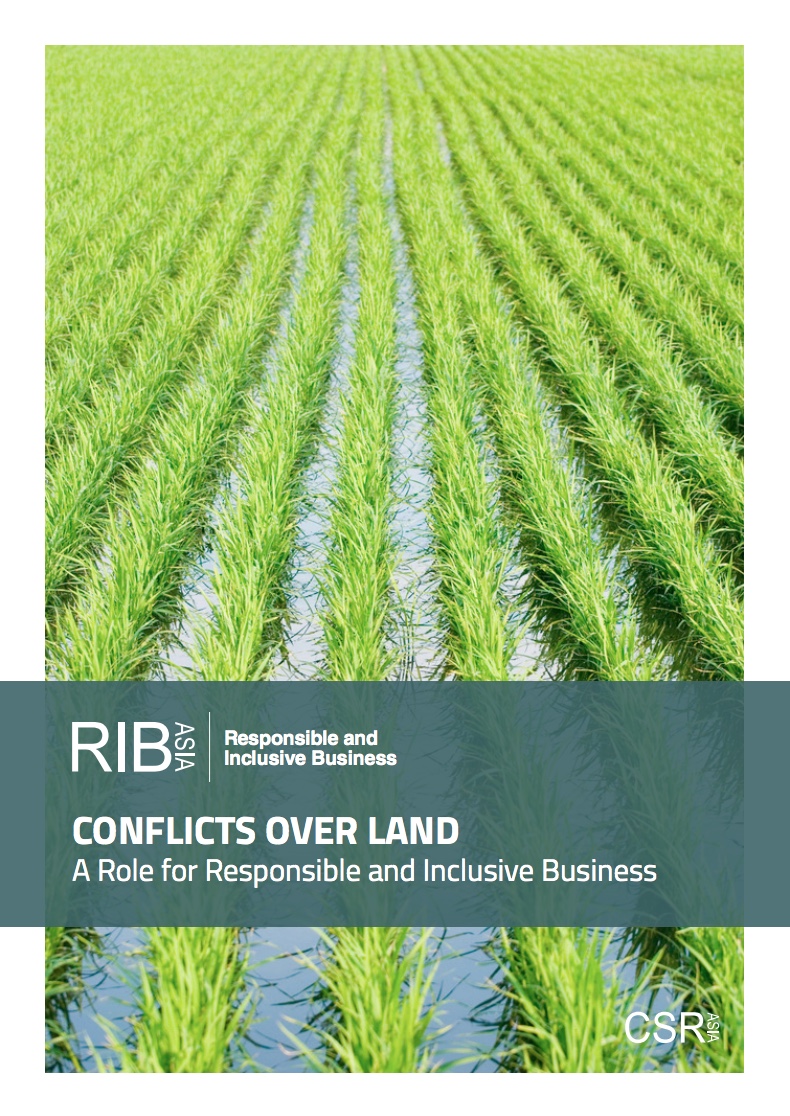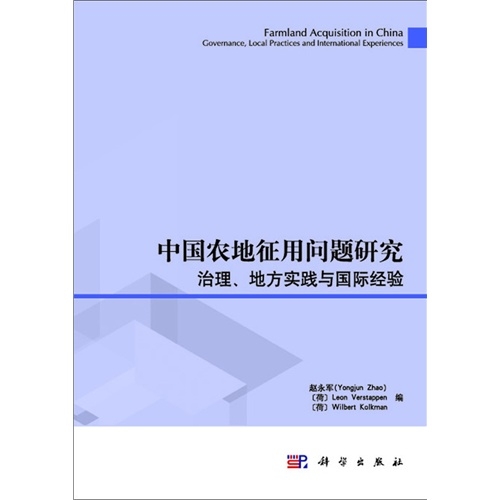FAOSTAT country profile - Lao Peoples Democratic Republic
A profile of the Lao People's Democratic Republic by the Food and Agriculture Organization of the United Nations. Data is provided on economic indicators; food, nutrition and food security; population and labor force; land use and agricultural inputs; water resources and irrigation; agricultural production and trade; fisheries production and trade; and forestry production and trade.




